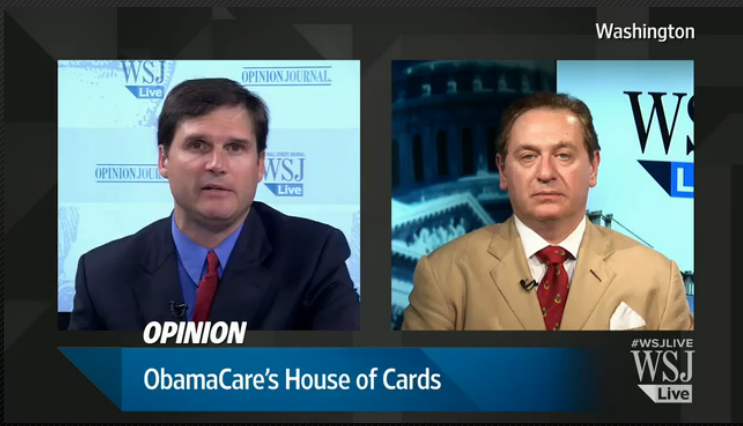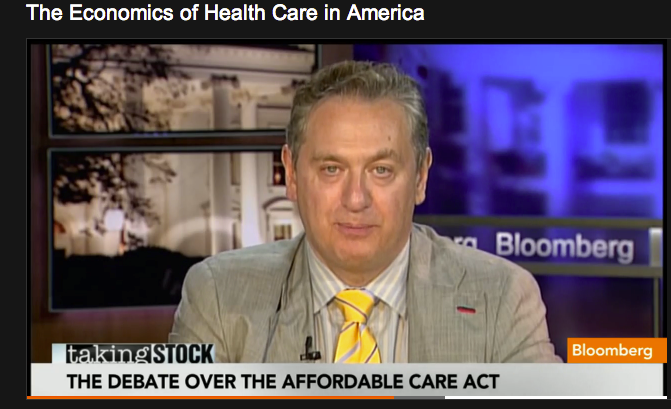Transcript of David Rivkin’s appearance on Bill Bennett’s Morning in America radio show on November 18, 2013.
BILL BENNETT: David, it looks like the President lied [when he said], “if you like your plan you can keep it.” Is there any way to take legal action against the President’s administration or HHS [Dept. of Health and Human Services] for this deception?
DAVID RIVKIN: Well no, if somebody in the private sector has done that, there will be all sorts of criminal and civil options, but you cannot prosecute the President under any of those statutes. The price that he has to pay is the political price and, unfortunately, he’s not going to pay the full price, given the way the media and national Democrats are looking at it. It also, frankly, further undermines the trust of the American people in the government.
Read more »


